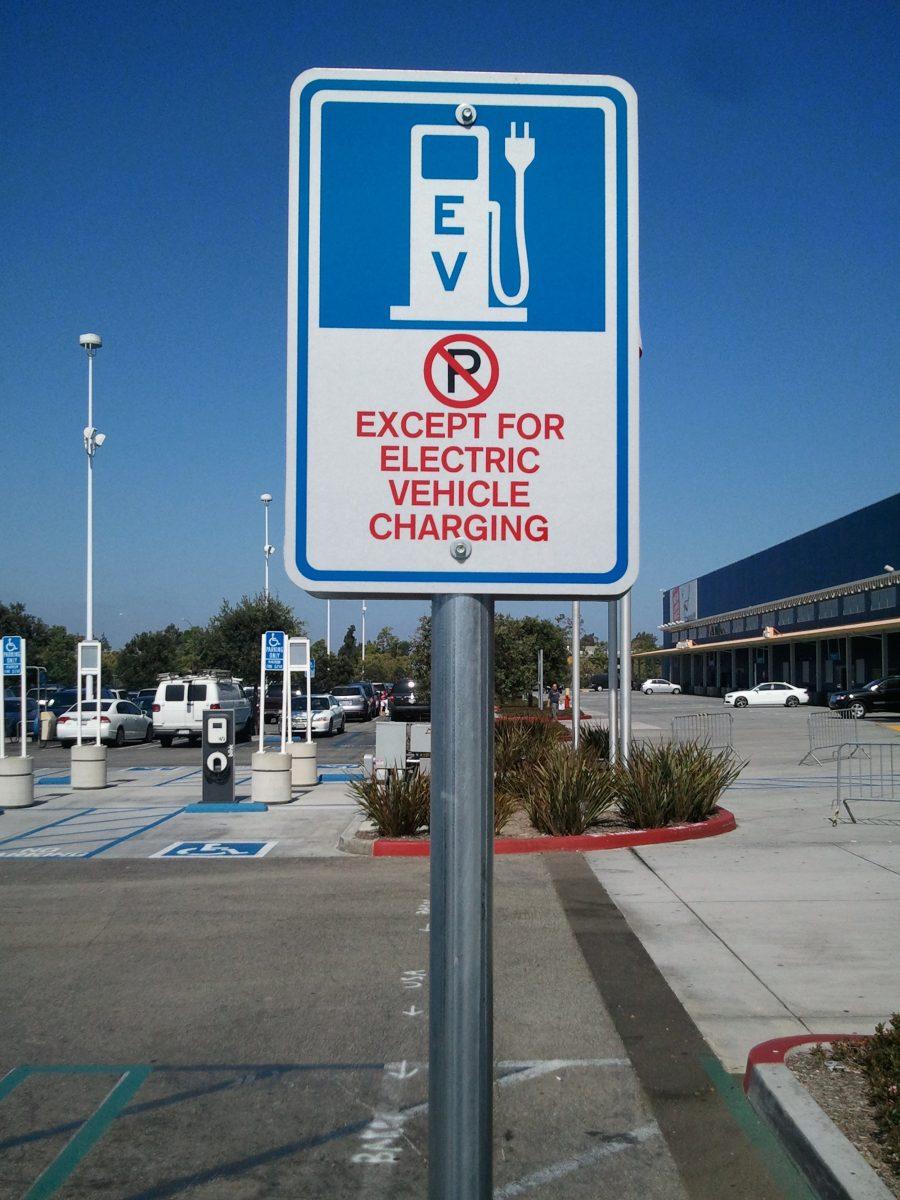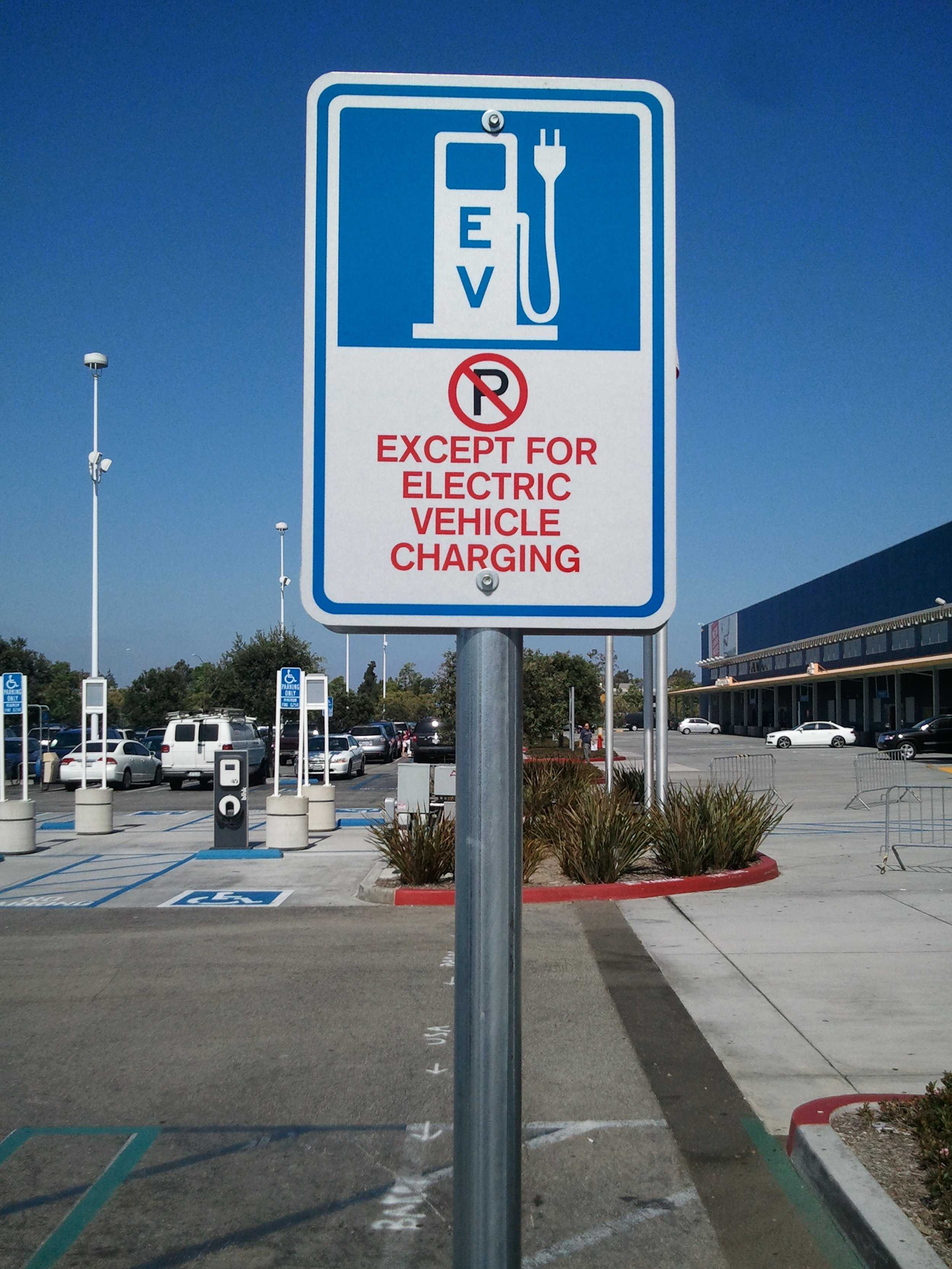As gas prices inch closer and closer to $6 per gallon, many Americans are looking for a car that will go farther on a gallon of gas, or maybe one that doesn’t use gasoline. For some, that may mean considering purchasing an electric car.
Consumers’ main concerns when debating whether to switch over to electric cars are purchase and maintenance cost, efficiency, and environmental friendliness. Electric cars are gaining popularity worldwide as people become more concerned about climate change and current record-breaking high gas prices. It’s no secret there’s a big push for people to consider electric cars; they are said to be more cost-efficient and better for the environment. Just last month, the Biden administration rolled out a plan to allocate $5 billion to all states to fund a more extensive network of public electric vehicle chargers in highways and communities. According to a CNBC article, to ensure a convenient, reliable, affordable experience for all users over five years.
Unfortunately, electric cars are usually more expensive to buy than gas-powered cars. Prices can run anywhere from $30,000 to $40,000, but some states offer incentives and discounts to make them more affordable. States like California are already promising to end the sale of gas diesel cars in 2030.For instance, as part of California’s fight against climate change. California residents can receive up to $7,000 to purchase a hybrid electric car and up to $2,000 reimbursement after purchasing an electric or hybrid car.
Andrew Hollow, owner of a Nissan LEAF, mentioned The Clean Vehicle Rebate Project (CVRP) that promotes clean vehicle adoption in California by offering rebates to purchase or lease new eligible electric cars. Had a lot of impact on his decision to purchase the LEAF as his first car fresh out of college. Hollow said, “I was looking for a car that was going to last long and cost less; purchasing an electric car felt like the best option. I was able to get both the CVRP grant and their reimbursement.”
“I’ve noticed a lot of younger people interested in electric cars. They like the low maintenance and no gas concept,” said Miguel Hernandez, Lugo Sales associate at the Santa Rosa Jim Bone Nissan dealership.
While electric cars cost more to buy, they’re more affordable to run than gas cars and will save consumers money over time. Depending on location and time, fuel an electric car costs about $700 per year. By comparison, a gasoline car can cost anywhere from $1,000 to $2,500 a year to fill up. Electric cars are also cheaper to maintain and service because of the fewer moving parts, and they don’t need oil changes.
When it comes to efficiency, electric cars have an advantage as well. Electric cars are able to hold about three times more on a full tank than gas-powered cars. Electric cars also convert about 59% to 62% of energy into the car movement, whereas gas-powered cars convert 17% to 20%. Many people are drawn to choosing electric cars due to their ability to eliminate their gas bills. “I purchased my car last summer to decrease my carbon footprint. I know fully electric cars don’t mean 100% emissions-free, but we gotta start somewhere,” said Alberto Calderon, owner of a Volkswagen ID.4.
Despite drawbacks such as lithium-based batteries, taking more energy to manufacture than gas-powered cars, and inventory shortages taking up to 10 weeks to deliver, electric cars still seem to be the best cost-effective, environmentally-friendly mode of transportation. It is up to the consumer to decide if one pro can outweigh all the cons and whether electric cars will be part of their future.




































